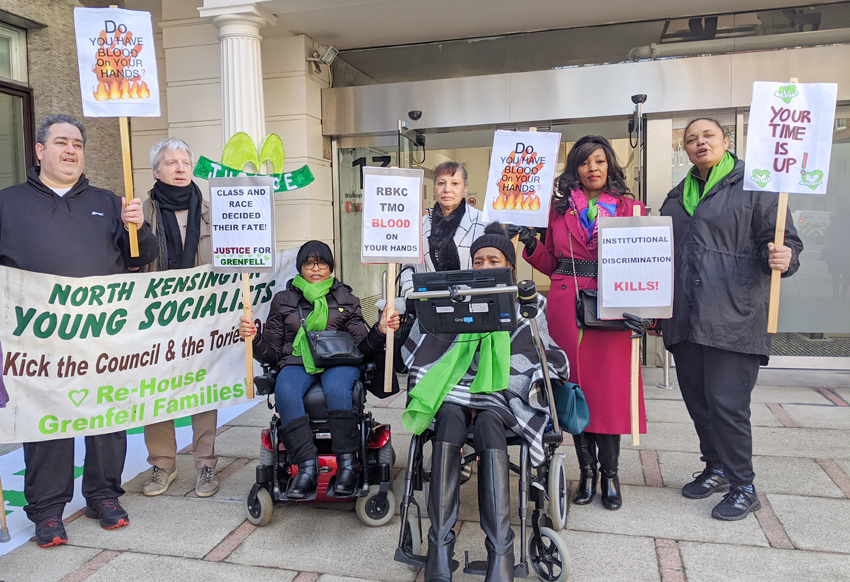
TORY Prime Minister Rishi Sunak yesterday dodged the question as to whether the inquiry he announced into baby deaths at the Countess of Chester Hospital will be judge-led, with power to compel witnesses to attend, answer questions and produce documents.
Sunak was asked on BBC TV: ‘On the inquiry, should we have judge-led questioning?’
Dodging the question, Sunak replied: ‘I think the important thing for the inquiry to do is make sure that families get the answers that they need, that it is possible for us to learn the lessons from what happened, everything conducted transparently and to happen as quickly as possible.
‘Those are the objectives we want for the inquiry and we’ll make sure that it’s set up to deliver on those aims.’
Earlier, Sunak defended the non-statutory inquiry announced by ministers, despite calls for it to be a judge-led statutory inquiry.
A non-statutory inquiry has fewer powers than a statutory one and for example can’t force people to give evidence.
A lawyer representing two of the families who suffered at the hands of Lucy Letby said a public inquiry ‘needs to have proper powers’ in order to investigate what went wrong at the Countess of Chester Hospital.
Richard Scorer, Head of Abuse Law and Public Inquiries at Slater and Gordon, told GB News: ‘We know we’re dealing here with a set of hospital managers who were not keen, to put it mildly, to have the truth of this come out.
‘It would be naive to think that you’re going to get proper cooperation in the context of an inquiry.
‘In order to have an effective inquiry, we need an inquiry with proper powers, the power to compel witnesses to attend and answer questions, but also the power to compel production of documents – that’s really important as well.
‘There’ll be lots of documents that are going to be very relevant to this and the inquiry needs to see all of them and be able to make a proper judgement about what’s happened and they can only do that if it has the proper powers.’
Scorer said his clients were horrified and appalled when they learned that one of the reasons the police were not called in earlier was due to reputation of the management of the hospital.
‘Unfortunately, it’s something we’ve seen in all too many cases, whether it’s to do with awful situations like this or child abuse.
‘Institutions and organisations placing reputational protection ahead of patient safety and public safety, it’s something we’ve seen far too often. And in the health service, I think we have a particular problem.
‘With clinicians, there’s a process of accountability for them. But with hospital managers, there doesn’t seem to be a proper process of accountability.
‘And you get the situation where hospital managers can fail and then fail upwards and get promoted into other roles where they fail and then retire on gold plated pensions.
‘That is something that cuts across the whole of the health service, not just this case, and it’s something that the inquiry needs to look at.’
Doctors’ union the British Medical Association stated: ‘We have long called for non-clinical managers in the NHS and other health service providers to be regulated, in line with the manner in which clinical staff are by professional bodies.’